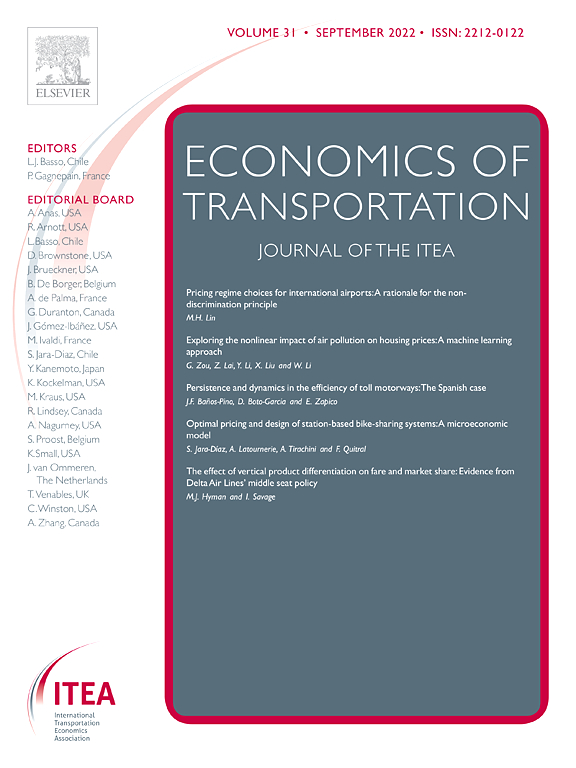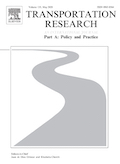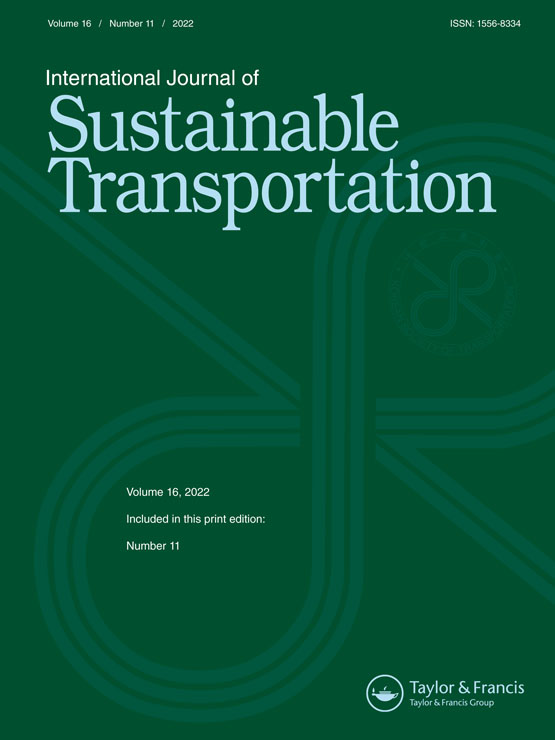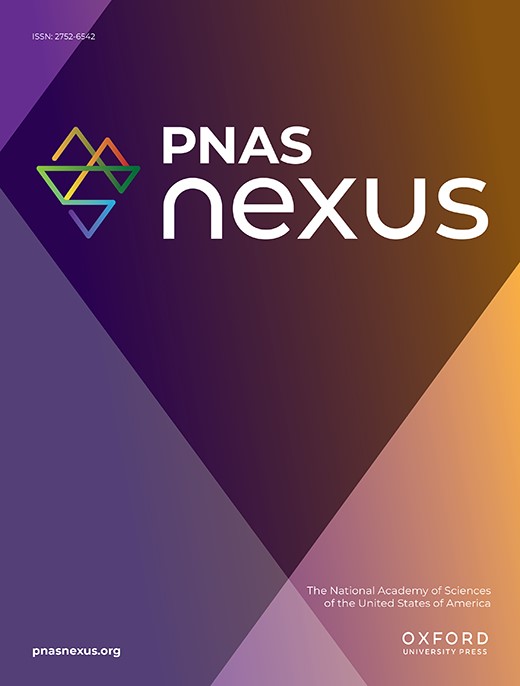




















The decision to centrally organize long-distance passenger rail services in the form of an integral interval timetable (IIT) in the same way as short-distance passenger rail services offers the opportunity to induce competition in the market for long-distance passenger rail services. IIT train paths could be allocated in such a way that different train operating companies operate a long-distance route in turn. In their new article, Christina Brand and Gernot Sieg use an industrial economic model to show that trains in a route monopoly are more punctual compared to a route duopoly, but ticket prices are higher.
 The Covid-19 pandemic is one of the most defining events of the last decades, with impacts on almost every aspect of life. In particular, fear of contagion and government interventions to contain the pandemic (e.g., business closures or contact restrictions) significantly decreased people's mobility. In their new article, Alessa Möllers, Sebastian Specht and Jan Wessel look at how the first wave of the pandemic affected walking and cycling in 10 German cities. The article is published in the journal Transportation Research Part A: Policy and Practice.
The Covid-19 pandemic is one of the most defining events of the last decades, with impacts on almost every aspect of life. In particular, fear of contagion and government interventions to contain the pandemic (e.g., business closures or contact restrictions) significantly decreased people's mobility. In their new article, Alessa Möllers, Sebastian Specht and Jan Wessel look at how the first wave of the pandemic affected walking and cycling in 10 German cities. The article is published in the journal Transportation Research Part A: Policy and Practice.
 Tourism trips (e.g. leisure/holiday trips) can cause considerable environmental pollution due to CO2 emissions. Travelers often do not know how environmentally damaging their vacation trip actually is, because they do not receive any information about it or are only offered monetary compensation for the CO2 emissions. Against this background, Thomas Hagedorn and Jan Wessel investigate in a recent study how information about the CO2 emissions of a trip affects the travel decision. The article is published in the International Journal of Sustainable Transportation.
Tourism trips (e.g. leisure/holiday trips) can cause considerable environmental pollution due to CO2 emissions. Travelers often do not know how environmentally damaging their vacation trip actually is, because they do not receive any information about it or are only offered monetary compensation for the CO2 emissions. Against this background, Thomas Hagedorn and Jan Wessel investigate in a recent study how information about the CO2 emissions of a trip affects the travel decision. The article is published in the International Journal of Sustainable Transportation.
 For many people, natural light conditions are an important factor in deciding between riding by bike or using another means of transportation. Thus, abolishing the bi-annual clock change could have a strong impact on bicycle traffic. This relationship is explored in more detail in a recent study by Jan Wessel.
For many people, natural light conditions are an important factor in deciding between riding by bike or using another means of transportation. Thus, abolishing the bi-annual clock change could have a strong impact on bicycle traffic. This relationship is explored in more detail in a recent study by Jan Wessel.